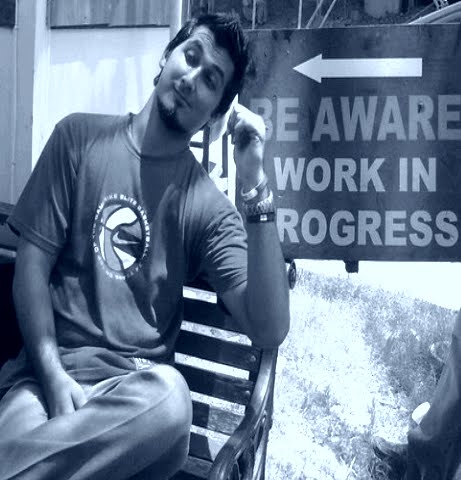- Quantitative measures can only go so far. After six hikes in 2010, the reserve requirement ratio, for example – currently at 18.5 per cent for big banks – is fast approaching its theoretical cap of 25 per cent (the banking regulator’s loan-to-deposit requirement is 75 per cent). And while planned credit growth of 15 per cent in 2011 may be enough of a deceleration to keep prices in check, China should not count on it: a much steeper decline from 32 per cent in 2009 to 19 per cent in 2010 is apparently failing to do so.
- Ten-year Greek bond yields are now over 12%, more than double what they were at the beginning of the year. Greece
- The Kingdom and Malaysia are the two largest markets by far for Islamic investment funds, both in terms of net asset value (NAV) and number of funds.
- THE best Islamic Finance principle to base the much-awaited Saudi mortgage law should be sukuk-based with a Shariah-compliant set of guidelines
- Drake — a contractor which specializes in mechanical, engineering and plumbing (MEP) businesses and listed on the Dubai Financial Market in March -- has been rapidly expanding operations outside Dubai, where house prices have plunged some 60 percent since their peaks in 2008, and billions of dollars worth of projects have been put on hold or canceled.They are currently involved in 170M$ deal
- Brazil's President Luiz Inacio Lula da Silva, right, raises his Chief of Staff Dilma Rousseff's arm during and anouncing 877bil$investment plan
| EUR/USD | 1.3111 | -0.0052 |
| USD/JPY | 82.3850 | -0.4100 |
30December2010
- The Karachi stock market crossed the psychological level of 12,000 points due to foreign interest in oil and gas, bank and fertilizer scrips,
- Commodity prices beat gains in stocks, bonds and the dollar this year as China, the biggest user of everything from cotton to copper to soybeans, led the recovery from the first global recession since World War II
- YEAR 2009 2010 The Thomson Reuters/Jefferies CRB index, a gauge of 19 raw materials, jumped 15 percent since the end of 2009 through yesterday. The MSCI All Country World Index of stocks rose 13 percent after accounting for reinvested dividends. Global bonds returned 4.7 percent as measured by Bank of America Merrill Lynch’s Global Broad Market Index. The U.S. Dollar Index, which tracks the currency against six counterparts, added 2.1 percent.
- Japanese bonds, the biggest debt market, returned 2.4 percent in 2010 as the central bank cut its benchmark interest rate to “virtually zero.” Greece and Ireland, which sought financial bailouts this year, had the worst-performing bonds among the 26 sovereign markets compiled by the European Federation of Financial Analysts Societies and Bloomberg.
- INSIDE TRADING:Jiau, arrested Dec. 28 in Fremont, California, was accused of selling data on Nvidia Corp. andMarvell Technology Group Ltd., makers of computer components, to portfolio managers at three unidentified hedge funds through Primary Global, according to a filing in Manhattanfederal court. The hedge funds paid Jiau $200,000 through the networking firm, prosecutors said.
- US:Applications for unemployment assistance decreased by 34,000 to 388,000 in the week ended Dec. 25, breaking the 400,000 level for the first time since July 2008, according to Labor Department figures today in Washington.
- Bond: US M1 Rose $13.7B In Dec 20 Week; M2 Rose $4.9B
COUPON
(%)COUNTRY MATURITY YIELD (%) LATEST SPREAD
OVER TREASURYS*PREVIOUS
YIELD (%)* In basis points Source: Thomson Reuters See all Global Government Bonds 4.500 Australia 10 5.565 220.2 5.605 2.500 France 10 3.357 -0.6 3.427 2.500 Germany 10 2.954 -40.9 3.018 1.200 Japan 10 1.117 -224.6 1.162 4.750 U.K. 10 3.464 10.1 3.569 2.625 U.S. 10 3.363 ... 3.339 - Forex: The dollar couldn't sustain its early momentum after a batch of strong economic reports and slipped to a seven-week low against the yen and a record low against the Swiss franc.
- Commodities: Oil less than 90$, Silver & Palladium is record high!!gold slips





